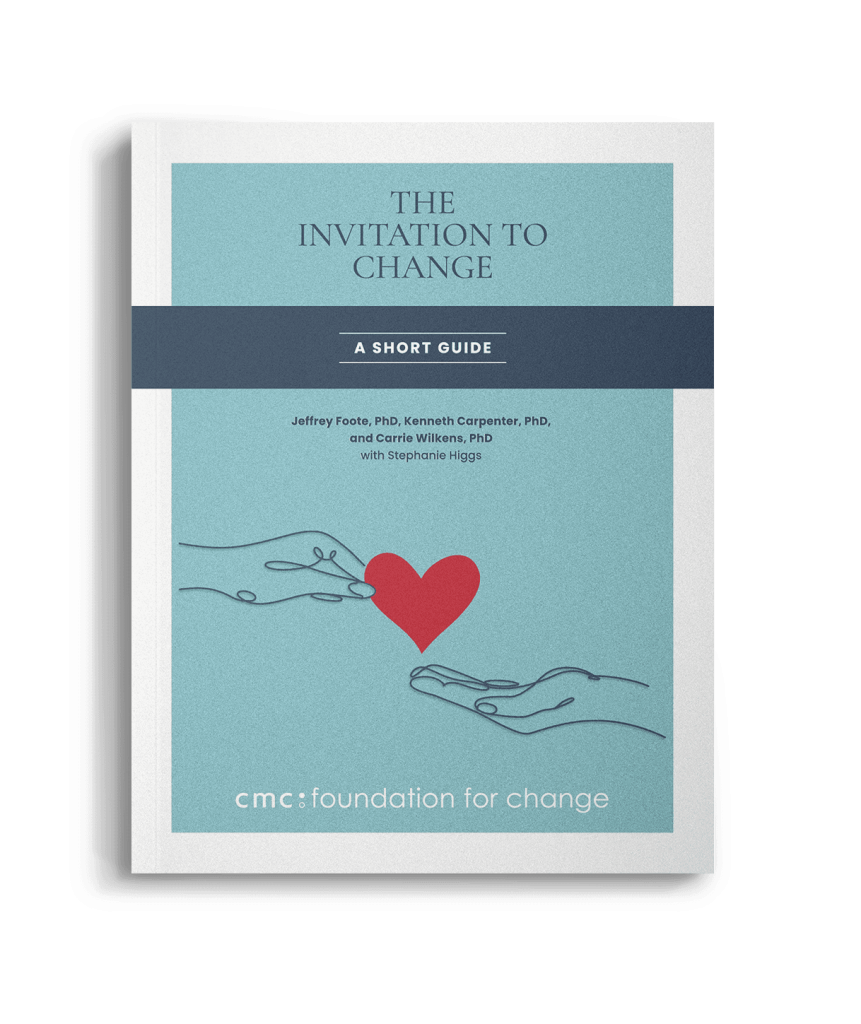“What should I do if my teenager is drinking or using drugs?” “What should I do if my teenager is drinking or using drugs?” The answer is that there are many answers, many paths, and many ways to help your child change his relationship to substances. The answer for your child will depend on the dynamics of your family as a whole and your child as a unique individual. It will depend on what sorts of other problems he has, how long the behavior has been going on, his age, who his friends are and what they think about substances, and about fifty other things. One size does not fit all. There are as many ways to change as there are children. It’s a more complicated, perhaps unsettling answer than a universal solution, but worth grappling with because it’s reality.
Improving family relations and friendships, reinforcing healthy habits, and introducing new interests are all helpful. Treatment and other therapeutic activities can help, and there are many options—some better supported by evidence than others, some more available and affordable than others, but altogether many possibilities to explore. In other words, many ways your child can get the help he needs.
If you are brave enough to ask for it, or probably even if you don’t ask, people will give you their opinions, advice, and even veiled criticism about helping your child. You might hear, “How could you let that happen in your own house? You should kick him out!” in one ear, and “We don’t get worked up about things like that—after all, think what we all managed to live through! Parents are over-protective these days,” in the other.
Whom should you listen to? What’s the best advice? Again, no one size fits all and having a choice among treatment plans and plans for change in general predicts positive outcomes. On these points the evidence is crystal clear. Giving people options helps them feel less trapped and invites them to get invested in the plan. This is also true for your child.
So, as you think through ways to help your child, do your homework. If the first (or fifth) person you consult tells you they know exactly what you should do, you might want to get some more opinions, especially if the person says this without meeting your child. Black-and-white thinking abounds when it comes to figuring out how to deal with a substance use problem, and you may hear the range from “You have to deal with this now or he’ll be an addict for life” to “It’s just a little pot and he will grow out of it.” Falling into the black-and-white thinking trap can prevent you from understanding the subtleties of who your child really is and how to help him. Give yourself permission to take the time you need to sort out what is going on and understand your options and try to be patient—with yourself, your partner, and your child.
After you collect information about your situation, we encourage you to trust your sense of what is best, putting aside your feelings of guilt and self-doubt. Getting input is important, but you also need to trust what you know about your child and your family.
Next Page: Behaviors Make Sense, Even Your Child’s


